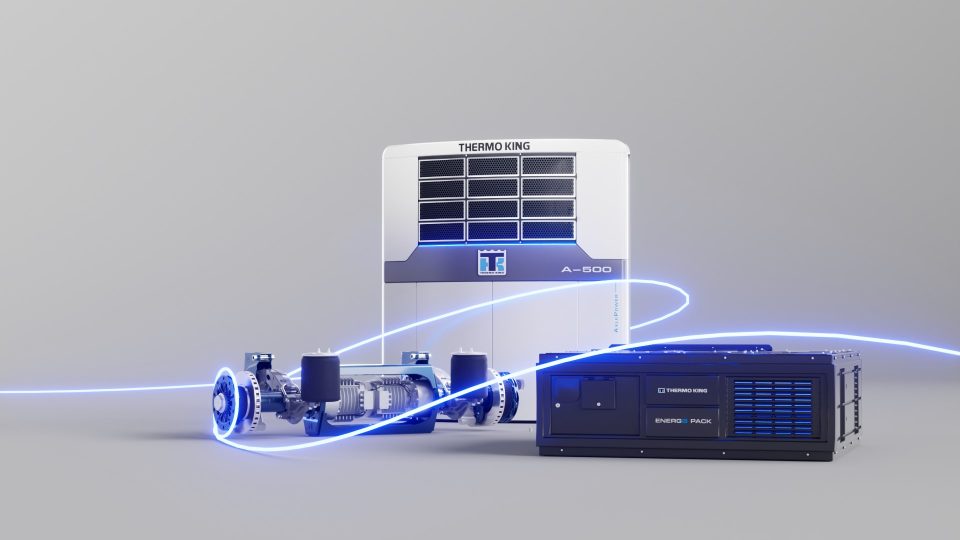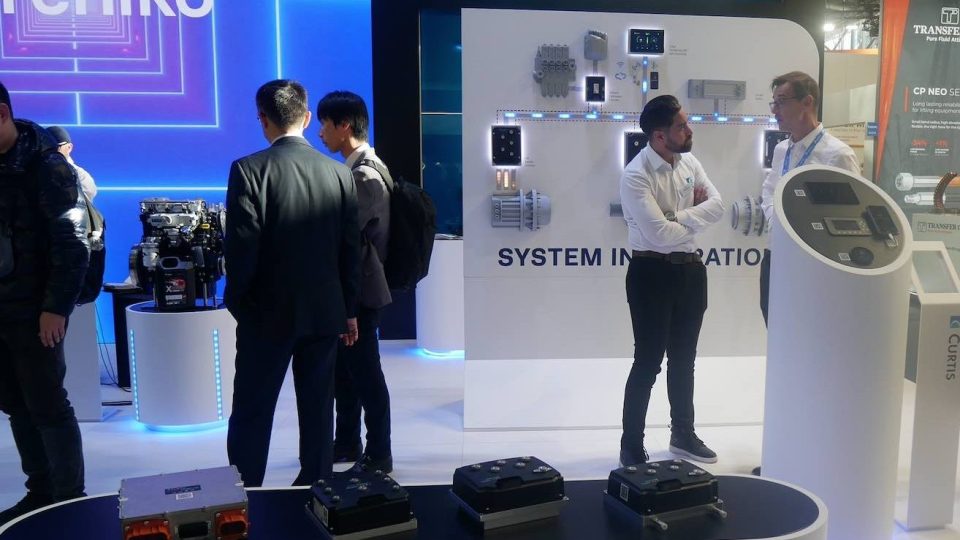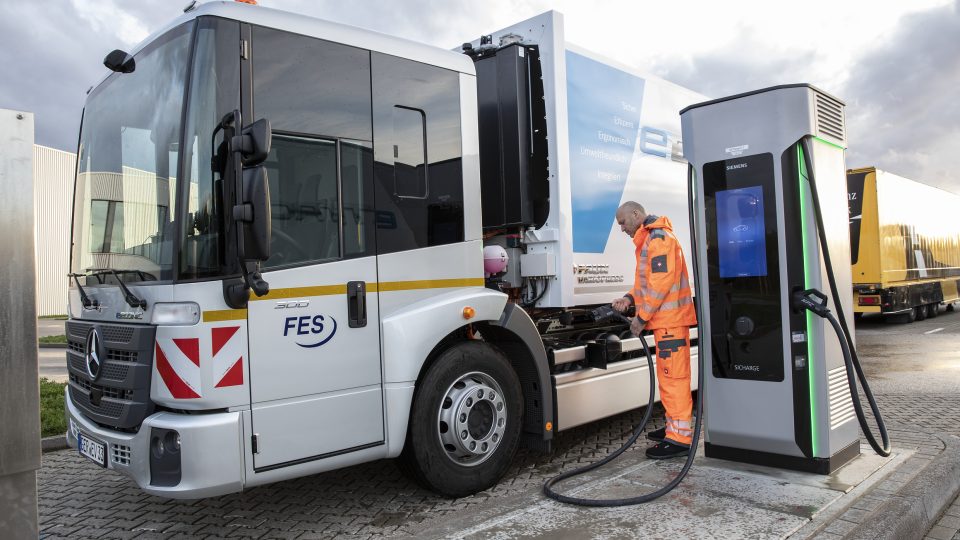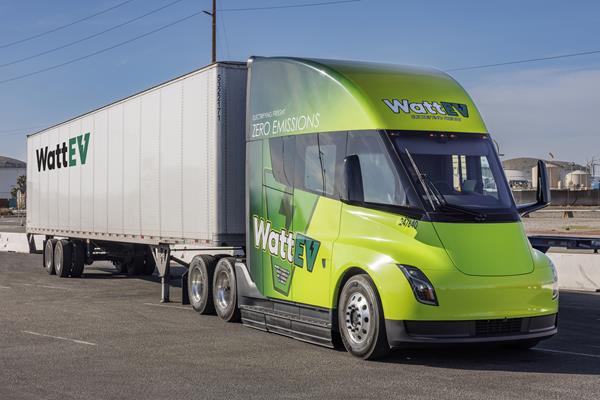Nikola acquires Romeo Power and brings battery production in-house. Almost 50 BEV trucks delivered in 2022
Headquartered in Cypress, California, Romeo Power is an energy technology leader delivering advanced electrification solutions for complex commercial vehicle applications, in an all-stock transaction.
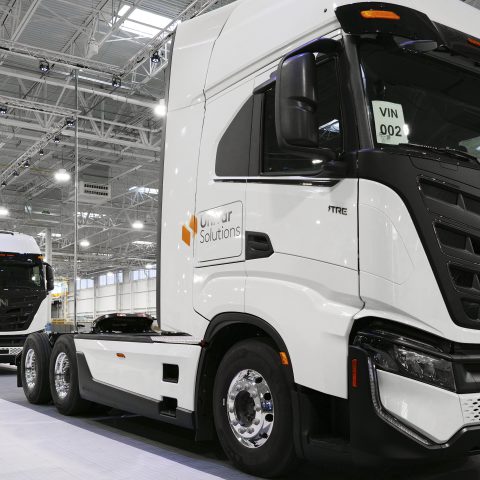
Nikola announced the acquisition of specialized company Romeo Power, thus bringing battery production in-house. As stated by the U.S.-based manufacturer, “acquisition will secure control of critical battery pack engineering and production process”. Headquartered in Cypress, California, Romeo Power is an energy technology leader delivering advanced electrification solutions for complex commercial vehicle applications, in an all-stock transaction.
Cost reduction in battery pack: Nikola’s target
Nikola expects the acquisition will allow for significant operational improvement and cost reduction in battery pack production. “Romeo has been a valued supplier to Nikola, and we are excited to further leverage their technological capabilities as the landscape for vehicle electrification grows more sophisticated. With control over the essential battery pack technologies and manufacturing process, we believe we will be able to accelerate the development of our electrification platform and better serve our customers”, commented Mark Russell, Nikola’s Chief Executive Officer. “Given our strong relationship with Romeo and ongoing collaboration, we are confident in our ability to successfully integrate and deliver the many expected strategic and financial benefits of this acquisition. We look forward to creating a zero-emissions future together”.
Nikola also made public its financial results as of the second quarter of the current year. While reported revenues reached $18.1 million, 50 Nikola Tre BEVs were produced in Coolidge, Arizona, and 48 were delivered to customers across the U.S. “Our momentum continued during the second quarter as we began delivering production vehicles to dealers and recognizing revenue from the sale of our Nikola Tre BEVs”, said Mark Russell, Nikola’s Chief Executive Officer. “We are committed to executing on our second half milestones”.










